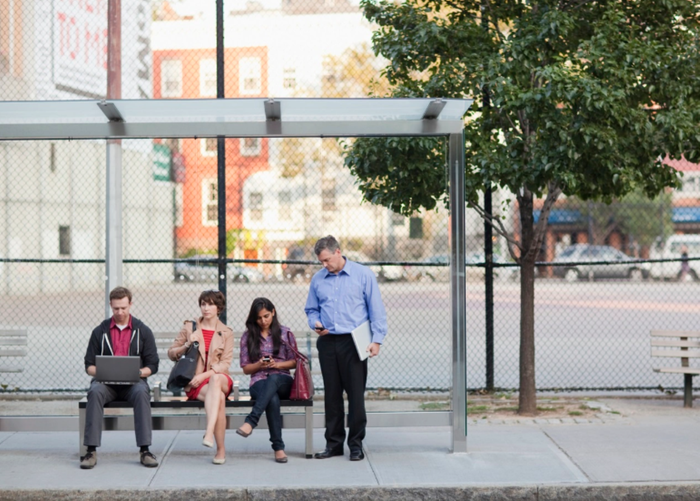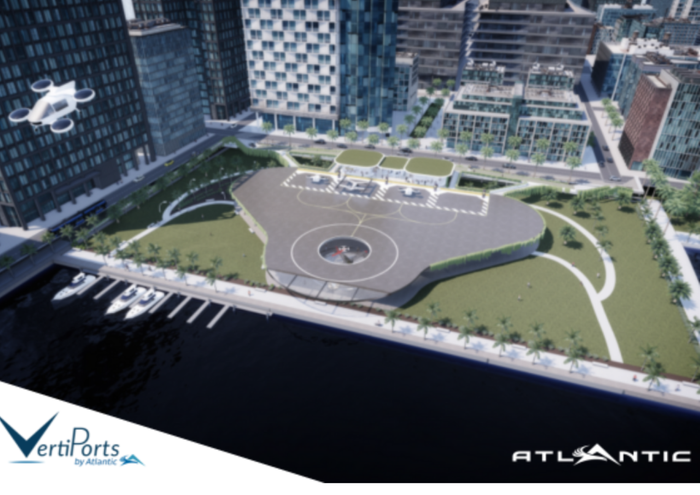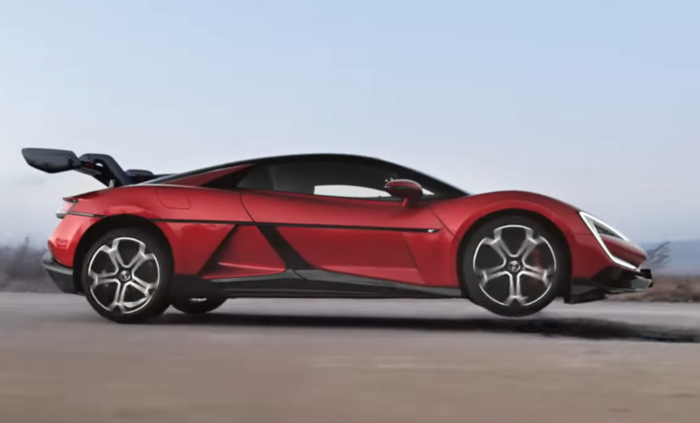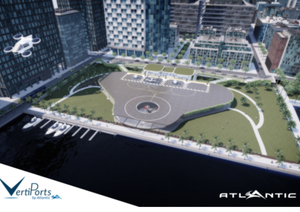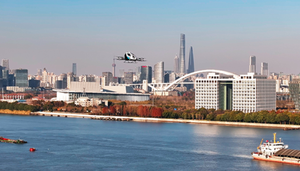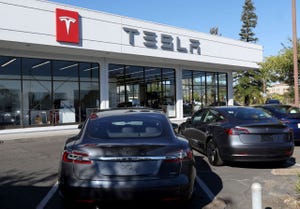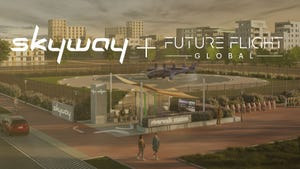California Grants First Permit to Test AVs Using Only Lidar SensingCalifornia Grants First Permit to Test AVs Using Only Lidar Sensing
Vueron plans to unveil its next generation of Lidar AV platforms within the next few months

The fiercely fought battle in California among self-driving tech companies has taken a new twist with the granting of a permit to Korean firm Vueron.
The permit, issued by the California Department of Motor Vehicles, is the first in the state to sanction the testing of autonomous vehicles (AVs) using one Lidar sensor only.
Generally, the self-driving capabilities of AVs are facilitated by an array of different equipment, including Lidar, radar and cameras.
Remarkably, though, Vueron has bucked convention by eschewing most of this tech to pursue automated driving by using what it describes as “one spinning Lidar sensor.”
Lidar sensors are used to detect obstacles and track vehicles, as well as measure distance to deliver safe speed. Vueron’s tech is called View.One and is based on the company’s cognition algorithm, providing what it claims to be swift and advanced recognition ability.
To mark the granting of the permit, Vueron recently completed a lengthy 383-mile, six-hour test from Los Angeles to San Francisco via Interstate 5 and Interstate 580, at a maximum speed of 70 mph. According to Vueron, the test did not involve the use of any camera, radar, GPS or high-definition mapping, and the safety operator who accompanied the car did not hold the steering wheel. A video was released of the landmark drive.
The Californian test follows the granting of a similar permit for the world-first tech in South Korea in 2021, which Vueron also celebrated with a groundbreaking drive on a 257-mile expressway between Busan and Seoul that again was captured on video.
By being given the ability to test in the U.S., Vueron says it’s moved a step closer to deploying its Lidar solution to potential customers. And it doesn’t intend to waste any time. Within the next quarter, it says it will unveil its next generation of Lidar AV platforms, which will be more affordable than might have been anticipated because there is only one sensor.
California has emerged as ground zero in the race to deliver commercialized automated driving solutions, with San Francisco, in particular, a hotbed of activity. General Motors’ Cruise and Waymo, owned by Google parent Alphabet Inc, are already offering autonomous robotaxis in the city, but both use a wider array of sensors.
About the Author
You May Also Like


